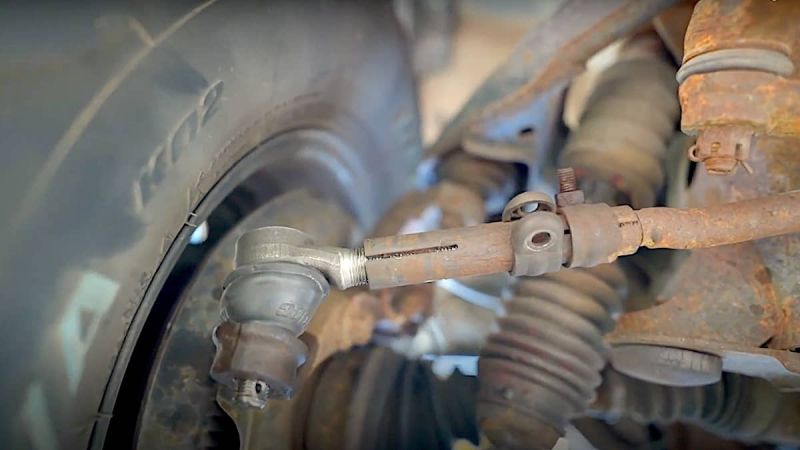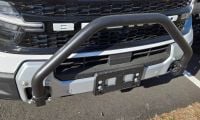Buying Non-OEM Parts to Save Money
Are you considering buying your parts online and then handing them over to a mechanic for a repair job as a way to save money? It can save you some money; however, doing this can also wind up costing you much more than you expected---especially when dealing with non-OEM parts.
OEM stands for Original Equipment Manufacturer, which means that the parts are made by the same company that made the vehicle you are having repaired. Non-OEM parts---also referred to as “Aftermarket Parts”---are those produced by a variety of different parts manufacturers that specialize in producing OEM-replacement parts that are compatible with many makes and models of vehicles. The chief benefits of non-OEM parts are that of cost and availability.
Almost always, a non-OEM part is cheaper to buy than the original part. However, currently with the pandemic after-shock still affecting manufacturing, the availability of non-OEM parts over OEM parts makes them particularly attractive toward repairs.
OEM versus Aftermarket Parts
You will be hard-pressed to ever find someone claim truthfully that a non-OEM part is better than the original. However, for the job needed, often that non-OEM part is “good enough” and makes life better and easier for car owners and their mechanics. If you have ever worked on an older model car or a restoration project where OEM’s are rare to non-existent, you will know what I mean by “good enough.”
The flip side of the coin, however, is that sometimes even “good enough” is just not there due to quality issues with the manufacture of replacement parts from countries where profit trumps quality…or even pride in what the company makes.
Reasons for not going with non-OEM parts include:
• Quality: Aftermarket parts can be cheaper due to using low-quality metals and manufacturing processes.
• Performance: Aftermarket parts might not have the exact design and dimensions of the OEM resulting in reduced performance issues.
• Selection: There’s a huge selection of aftermarket parts to choose from, and deciding on the correct part can be very difficult.
• Parts Warranty: Aftermarket parts typically have a very limited warranty protecting the buyer.
• Vehicle Warranty: Using an aftermarket part(s) on your vehicle may void your warranty coverage---even if a qualified mechanic does the repair.
However, sometimes you just have to go non-OEM and hope for the best. The good news though, is that in the age of the Internet you can increase the odds of finding a good aftermarket part by doing a little research before buying a non-OEM part---even when it comes from a historically popular parts manufacturer that may sell the occasional bad part.
Case in Point
Here’s a recent informative Toyota Maintenance video that touches on all of the aforementioned OEM/non-OEM problems when a customer arrives at the repair shop with his vehicle and the non-OEM parts he bought with it to use in a repair.
Are MOOG Parts Any Good?
And finally…
Just to be clear, in no way is this article stating that MOOG parts are poorly made, only that in this case---and if you read the comments below the video---there is the question of whether quality control is what it used to be for this particular parts supplier.
The intended message here is that you have to be careful and do your research before choosing a non-OEM part. Read reviews, follow special interest groups on your vehicle model, and talk to your trusted mechanic BEFORE buying a non-OEM part for him to use in the repair. More likely than not, the mechanic will have a better option and some sound advice regarding the approach to be taken in your repair.
If You Have Ever Had a Bad Non-OEM Part Problem
If you have ever had a bad non-OEM part problem---or even an OEM part problem due to a quality in manufacture issue---let us know about it in the comments section below.
For more used car articles related to the topic, be sure to check out the following linked articles “How a trusted mechanic saved a Toyota owner thousands; and, “Two service center scams that are easy to spot.”
COMING UP NEXT: Inspecting a used Toyota 4Runner.
Timothy Boyer is Torque News automotive reporter based in Cincinnati. Experienced with early car restorations, he regularly restores older vehicles with engine modifications for improved performance. Follow Tim on Twitter at @TimBoyerWrites for daily automotive-related news.
Set Torque News as Preferred Source on Google











